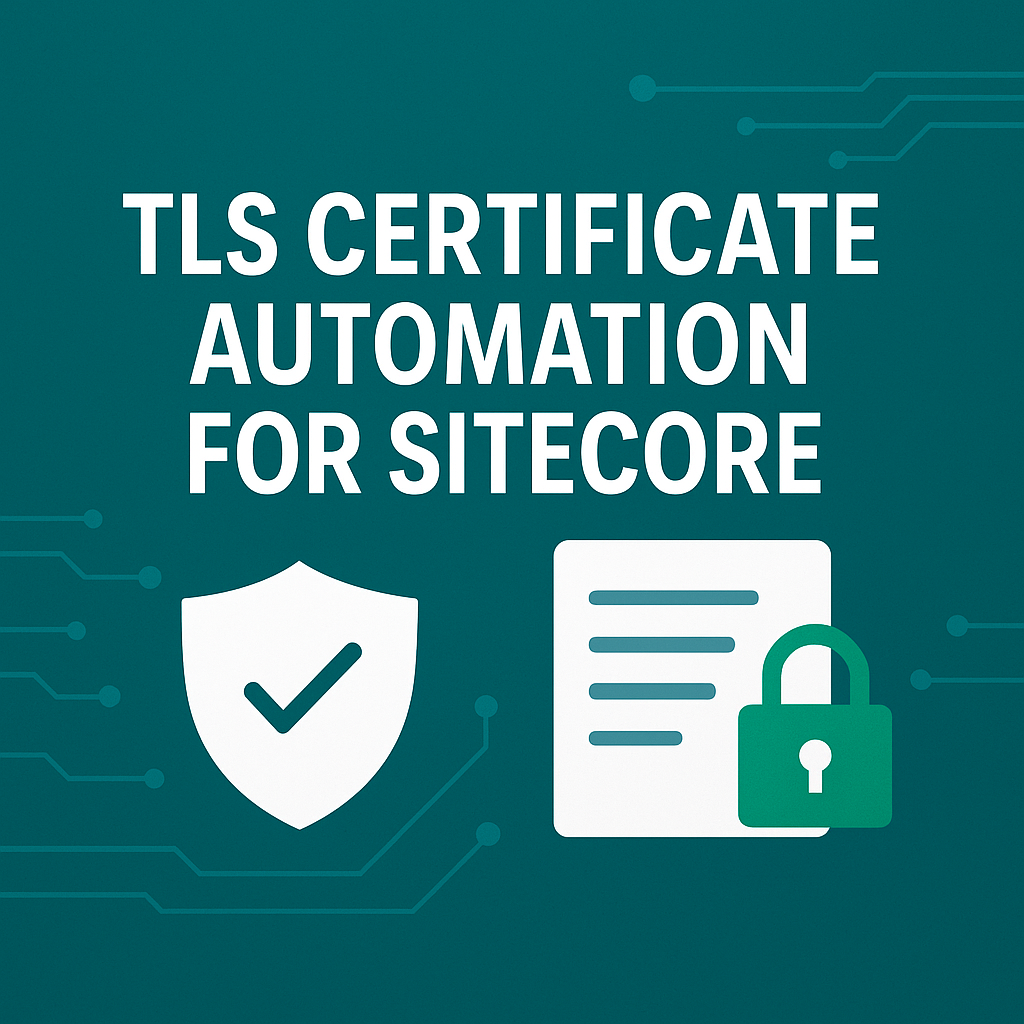The COVID-19 pandemic prompted several unprecedented shifts in society, notably impacting the workplace and necessitating the adoption of innovative technologies that facilitate collaboration and efficiency in a work-from-home (WFH) environment.
For brokers, in the financial services sector, remote work became especially difficult due to the requirement for firms to register and supervise all home office “branches.” However, as remote work has become the new norm, the Securities Exchange Commission (SEC) has provided its approval to revise Rule 3110, easing the requirements for brokers choosing to work from home.
WFH Background
Before the pandemic, firms were required to submit branch office applications on behalf of all the “branches.” Additionally, these branches underwent annual on-site inspections to ensure compliance with regulations.
Throughout the pandemic, the Financial Industry Regulatory Authority (FINRA) temporarily suspended the requirement for firms to submit applications for all office locations that were opened as a result of the pandemic. FINRA also implemented a temporary rule (FINRA Rule 3110.17), which allowed member firms to conduct the annual inspections of their branch locations remotely.
Without action, this temporary relief would have expired on June 30, 2024, and would have significantly impacted the industry due to an estimated 75% increase in residential non-branch locations between December 2019 and December 2022.
What’s New?
Luckily, FINRA proposed two main revisions to Rule 3110:
Categorize residential home offices as “residential supervisory locations” (RSLs), which should be treated as non-branch locations, subject to safeguards and limitations.
Adopt a three-year “Pilot Program” for remote inspections.
Other key changes are as follows:
RSLs must be inspected by the member firm on a periodic schedule, assumed to be at least once every three years.
Member firms are responsible for ensuring surveillance and technology tools are suitable for remote locations.
Member firms are responsible for conducting and documenting a risk assessment for remote locations.
Member firms are responsible for establishing, maintaining, and enforcing written supervisory procedures for remote inspections.
Member firms are responsible for keeping written inspection records on file for a minimum of 3 years, or until the next inspection report has been completed.
Member firms are responsible for providing the FINRA with quarterly data, disclosing the number of inspections and any related findings.
The Benefits
FINRA anticipates the WFH model to endure, regardless of the state of the pandemic. The shift to remote work prompted significant lifestyle and work habit changes, fostering workplace flexibility.
This shift also led to technological advancements enabling firms to closely monitor broker activity to ensure full compliance at all times.
This approval indicates that the industry has gained the support of regulators to leverage technology for supervisory and surveillance purposes. Additional benefits brought by this change are:
Workplace flexibility promotes diversity and attracts stronger talent.
Increased employee satisfaction and retention.
Elimination of registration costs associated with registering all RSLs as branches.
Reduction in inspection frequency from annually to every three years.
The SEC approved FINRA’s revisions to Rule 3110 in November 2023, with the effective date yet to be announced. When an announcement is made, Perficient’s Risk Management and Regulatory Capabilities Center of Excellence is dedicated to keeping the public informed.





Leave A Comment